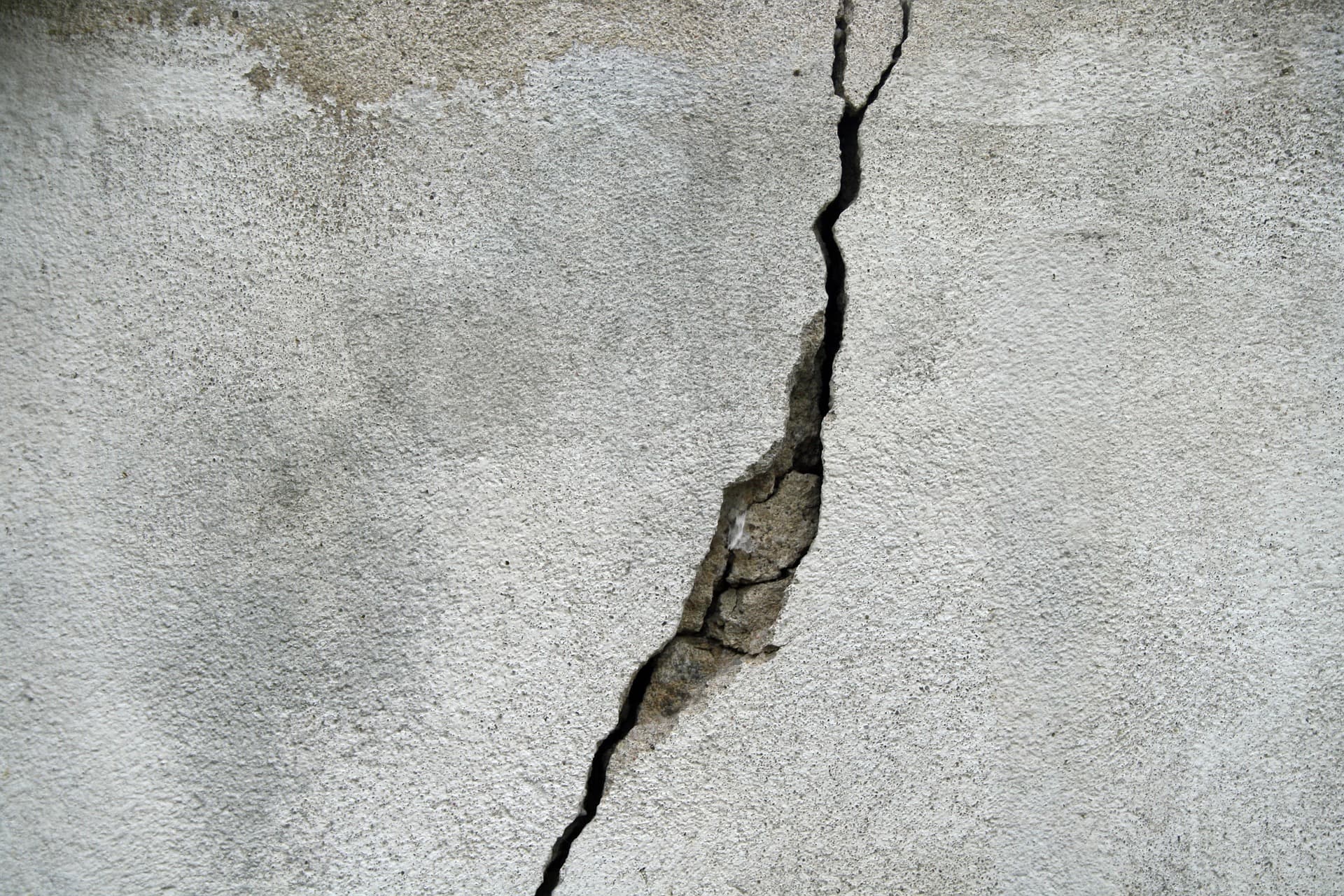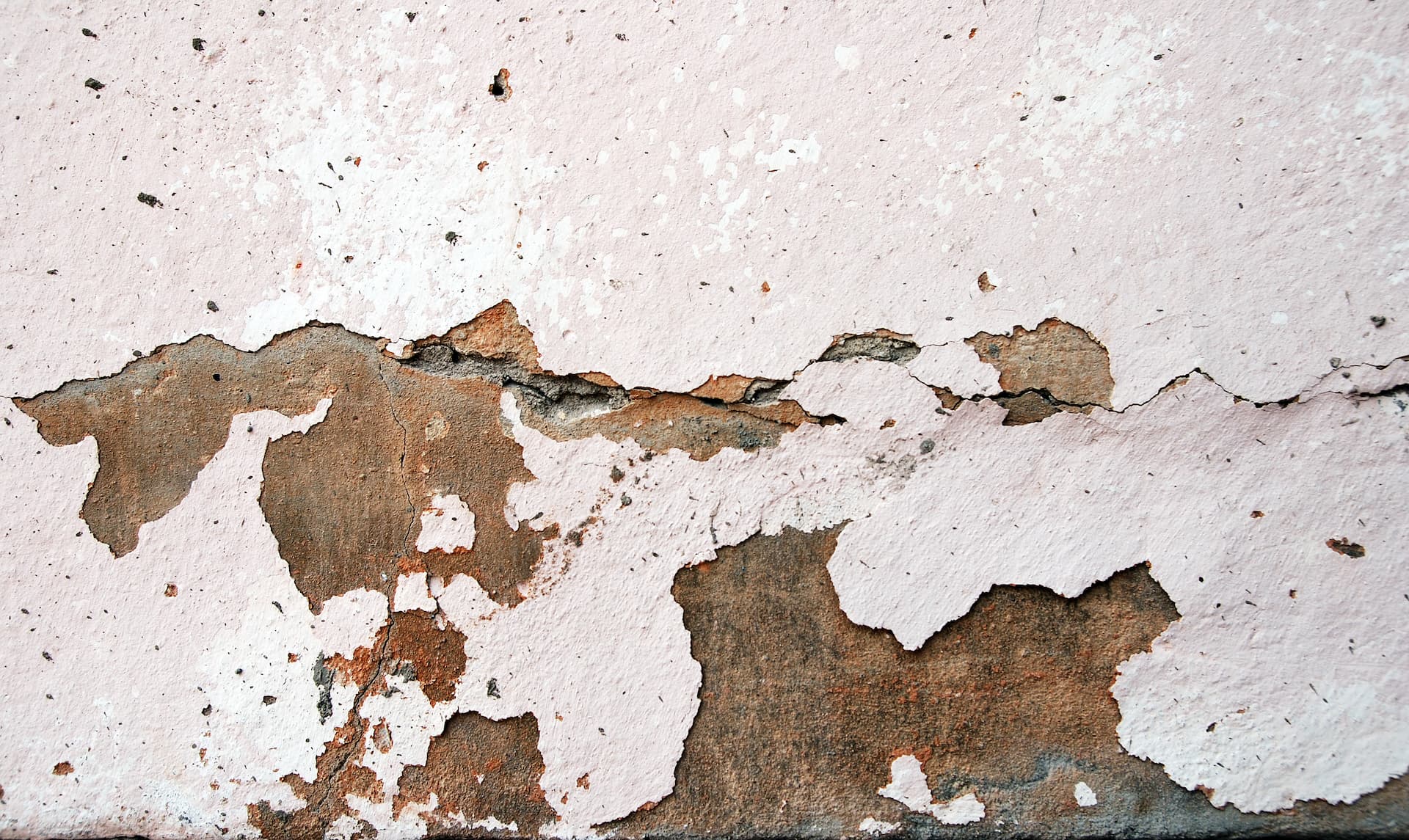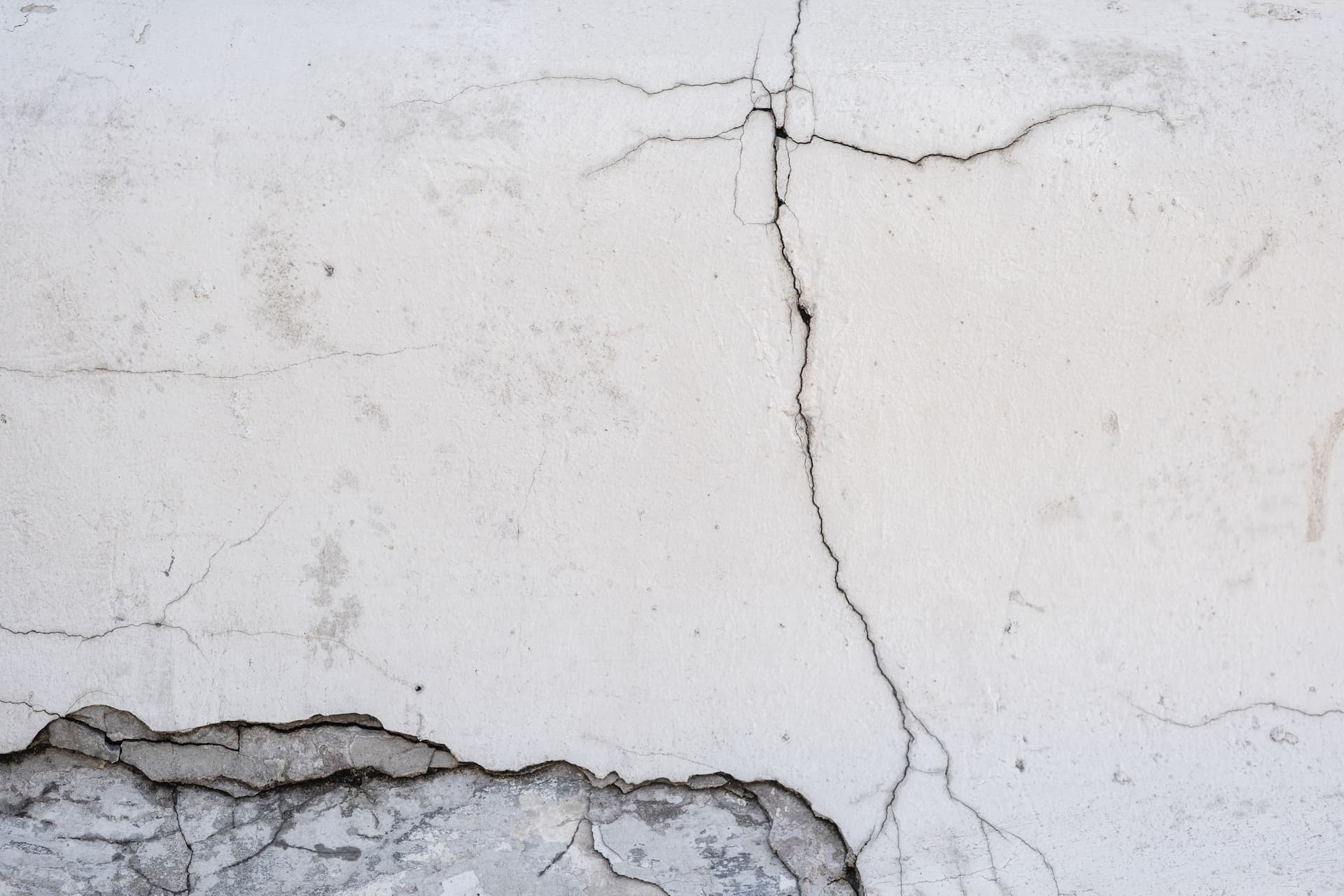Are you looking for a contractor?
Submit our quick form and get quotes now!
Table of Contents
4 min read
Concrete Crack Repair: Epoxy or Polyurethane?


4 min read
Concrete Crack Repair: Epoxy or Polyurethane?
Exterior renovationsConcrete Crack Repair: Epoxy or Polyurethane?
Concrete is known for being a solid, durable material that can be maintained over time. It is the most used material for solid foundations and for major projects such as bridges and viaducts. Over time, it has proven itself as an essential building material.
Even though it is very strong and durable, concrete may occasionally crack and this is one of the signs that your foundation could need repairing. Fortunately, if there is a crack in a concrete structure in and around your home, this issue is quite easy to fix.
The two most common products used for this purpose are epoxy and polyurethane foam. Let's take a look at the characteristics of the two concrete surface repair products to define which would be the most appropriate for your case.
Fixing concrete cracks: the products that are available

Source: Freeimages
Epoxy
Epoxy polymer, more commonly known as epoxy, is an adhesive product used in a wide array of industries (electronic equipment, flooring or on cars and household appliances for its anti-corrosion properties).
Of course, the reason why we are mentioning it in this article is that it can also be used to seal concrete cracks. It works by welding the cracks together, which restores the structural integrity of the concrete.
It offers excellent adhesion to concrete and its lifespan can exceed thirty years under the best conditions. Its drying time can vary from three to six days.
However, it is not UV resistant and will fade over time if applied outdoors. If it is used to restore an exterior structure that you want to keep aesthetically pleasing without having to paint it afterwards, epoxy may not be the best choice.
Also, epoxy is not flexible and does not tolerate the natural movements of a structure, which is something to consider, since residential foundations are known to move slightly over time and more specifically during freezing and thawing cycles.
If you are wondering about how quickly a foundation issue should be addressed, check out our article How to determine if a foundation problem is urgent.
Polyurethane
Like epoxy, polyurethane is not only used as a repair material for concrete cracks. Being a plastic material that can be either rigid or flexible, it serves all kinds of purposes and is used to make tires, shoe soles and certain sportswear.
As for its use for sealing concrete cracks, its adhesion level is good. After it is inserted into a crack, the product inflates and has the ability to work deeply. Once the patching is complete, it dries in two to four days.
Polyurethane-based foam is more often preferred for work aimed at repairing residential foundations because the main aspect that differentiates it from epoxy is its strong flexibility. Indeed, it can support foundation movements, whereas epoxy won't support it as well. Its movement allowance is more or less 25%.
This product can be used both outdoors and indoors and is also an effective solution for waterproofing cracks in concrete, as polyurethane is hydrophilic, meaning it reacts when it comes in contact with water. and becomes waterproof.

Source: Pexels
Polyurethane or epoxy: which one should I choose?
Polyurethane is used primarily for residential foundations because it is easy to apply and actively works on cracks that may be humid. Epoxy is a good product, but you'll have to use it in the proper way to repair foundation cracks.
Regardless of which product you end up choosing, always refer to its technical datasheet to find out the ideal application temperature, as this varies from one product to another. Considering that this aspect will influence how effective the product is, this is no small consideration!
A few notes about polyurethane and epoxy
Even though these products are safe to use for a renovation that you want to carry out yourself, don't forget that they are still made with chemicals that can give off a strong odour during their mixing and/or application.
Be sure to work in a room that you can air out as much as possible while working. If this is not possible, leave the room after the work is completed and do not actively occupy it for at least a few hours.
Recap
This table will help you remember the aspects covered in this article to help you make the best choice for your concrete crack repair project:
Material | Summary of properties |
Epoxy |
|
Polyurethane |
|
Get 3 renovation quotes for your foundation issues!
RenoQuotes.com can help you get quotes for your foundation renovation. We have a network of home renovation specialists that will be glad to find the proper solution for your particular situation.
Dial 1-844 828-1588 to speak with one of our customer service representatives
Last modified 2023-11-07
Looking for something else?
Related articles
The latest industry news, interviews, technologies, and resources.

RenoQuotes.com • 07 Nov 2023
Nowadays, we are so used to having access to electricity at all times that when a problem occurs, we’re caught off guard. Many homeowners are reluctant to touch their electrical set-up, which is a good instinct to have, especially due to the fact that electrical work is regulated and in some places illegal to carry out without the proper certifications (Quebec included).

RenoQuotes.com • 05 Jan 2024
Natural stone tiles make for absolutely stunning flooring as each and every tile is unique. While ceramic tiles or stoneware are made with synthetic raw materials, natural stone tile is extruded from quarries around the world.

Amanda Harvey • 07 Nov 2023
Welcome back for the second installment of our monthly round-up! If you've found yourself about to dive into this article, we imagine that you’re a fellow home design, decor and renovation enthusiast. We too share this passion and thought it’d be fun to create a series that looks at the most interesting articles we've found on the internet that covers these subjects.

Karine Dutemple • 07 Nov 2023
If there is any certainty in this world, it is that there will always be dishonest people knocking on your door to try to extract money from you that you did not plan to spend.

Amanda Harvey • 12 Jun 2017
The bathroom may be the smallest room in the home, but it is far from insignificant. Being that we spend a great deal of time getting ready for our day, our evenings and our bedtime, it is crucial that the bathroom be a functional while, at the same time, comfortable.